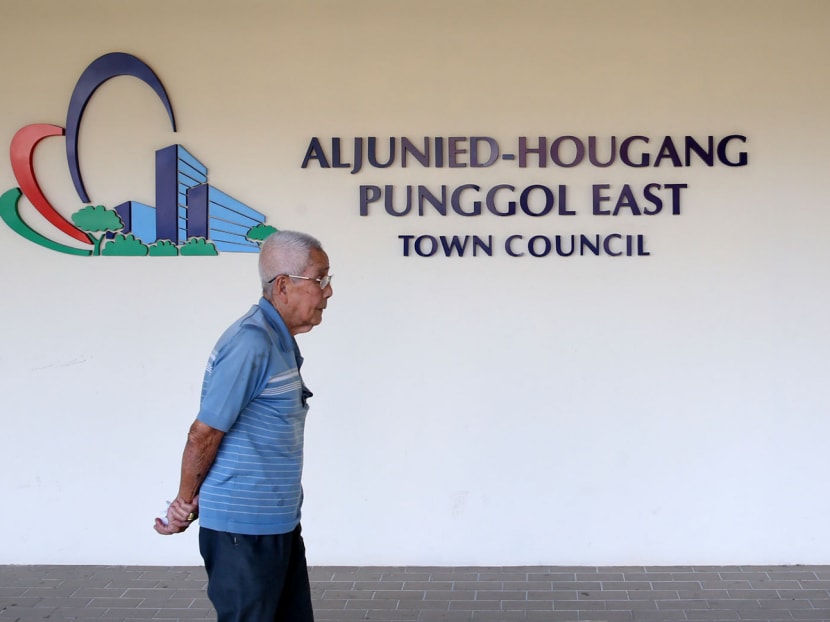Town Councils Act to be amended to enforce tougher standards
SINGAPORE — Saying the Government can no longer take the light touch on town councils, National Development Minister Khaw Boon Wan (picture) yesterday announced that the Town Councils Act will be amended to enforce greater standards of accountability and governance, as well as to put in place a stronger penalty framework.

TODAY file photo
SINGAPORE — Saying the Government can no longer take the light touch on town councils, National Development Minister Khaw Boon Wan (picture) yesterday announced that the Town Councils Act will be amended to enforce greater standards of accountability and governance, as well as to put in place a stronger penalty framework.
The amended laws will make clear that town councils are subordinate to the authority of public law. They will also give the Ministry of National Development (MND) more powers to collect information and conduct investigations.
Mr Khaw, who tabled a motion on the Auditor-General’s Office report on Aljunied-Hougang-Punggol East Town Council (AHPETC) in Parliament yesterday, said the town council’s behaviour has shown that the Government can no longer assume that all Members of Parliament (MPs) running town councils will be responsible.
In 1989, Parliament had decided to give elected MPs more authority and responsibility over the HDB estates in their constituencies. Unlike the Companies Act or the Charities Act, which provides for full inquiries and penalties such as fines or jail terms when rules are broken, the Town Councils Act took a “light-touch approach” to regulation and enforcement.
“The strategic intent was to bring home to the MPs that how they manage and run their town council will affect their electoral fortunes at the next election, and to voters that the MPs they elect will be responsible for looking after their housing estates,” said Mr Khaw.
Town councils are given maximum autonomy in operations, but in turn, the act demands that they “account for their actions through proper accounting, governance and disclosure”.
“Unfortunately, throughout this AHPETC saga, we have found the MPs running the AHPETC to be evasive, unresponsive and misleading,” said Mr Khaw.
He added: “Regardless of which party is running the town council, there is a need to ensure proper systems, accountability and governance to safeguard residents’ interests.”
The MND will table the amendments after the Committee of Supply (COS) Debate next month, with a focus on three key areas.
First, it will make clear that town councils must answer to and comply with public law, as well as the government agencies charged with enforcing the law.
“While town councils are statutorily vested with the function and duty to manage and maintain common property, they do not own the common property and their powers are not unfettered. We have assumed that all town councils will follow this fundamental principle without the need to spell it out explicitly. Sadly, AHPETC has proven us wrong,” said Mr Khaw.
Second, the amended act aims to strengthen town councils’ corporate governance and financial accountability, taking reference from best practices from companies. It will spell out duties and responsibilities of town councillors and MPs, and the penalties if they fail to perform their duties.
Third, noting that the act currently limits MND’s investigative powers — for example, the ministry cannot request for information beyond annual financial reports — Mr Khaw said the ministry’s regulatory powers will be strengthened.
“So far MND has been relying on moral suasion and the town councils’ self-declarations. For effective governance and regulatory oversight, the MND requires powers to collect information and conduct investigations. This also has to be coupled with a stronger penalty framework, to enable the Government to take errant town councils to task for non-compliance,” said Mr Khaw.
Mr Khaw said that, beyond the running and maintenance of HDB estates, the Town Councils Act has a wider strategic objective of testing parties aspiring to form the national government, by running a town council to first prove their competency.
“That is why despite the problems that the AHPETC has run into, we do not propose taking back the town councils’ powers and having HDB run everything again, like before. Instead, we will strengthen the town council framework to remedy the weaknesses in it, so that elected MPs have to perform and be held more tightly to account in running their town councils and towns,” he said.






